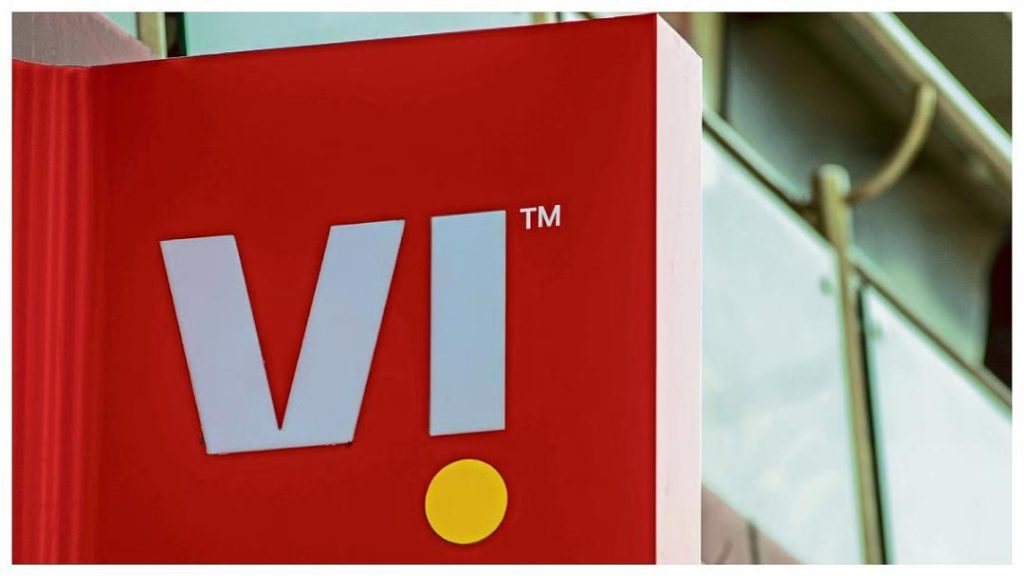
Vodafone Idea Takes AGR Dues Battle to Supreme Court
Vodafone Idea, one of India’s largest telecom operators, has taken a major step in its ongoing battle with the government over Adjusted Gross Revenue (AGR) dues by moving to the Supreme Court. The company has filed a petition seeking relief from the apex court after the government rejected its plea to waive over $5 billion in AGR dues. With the company facing massive liabilities and stiff competition, the stakes are high, and the outcome of this case could reshape India’s telecom landscape and determine Vodafone Idea’s survival.
Background
In October 2019, the Supreme Court ruled that telecom operators must pay AGR dues to the government, which includes revenue earned from non-telecommunications services. The ruling was a major setback for the industry, with Vodafone Idea and other operators facing massive liabilities. The company has been struggling to pay the dues, which are estimated to be over $5 billion. In an effort to seek relief, Vodafone Idea approached the government and asked for a waiver of the AGR dues. However, the government rejected the plea, citing the Supreme Court’s ruling.
Consequences of AGR Dues Payment
The payment of AGR dues would have a significant impact on Vodafone Idea’s financial health. The company is already struggling to maintain its market share and is facing stiff competition from rival operators such as Bharti Airtel and Reliance Jio. The payment of AGR dues would further exacerbate the company’s financial woes, potentially leading to its collapse.
In a recent statement, Vodafone Idea’s CEO, Ravinder Takkar, expressed his disappointment at the government’s decision and stated that the company is exploring all available options to seek relief. “We are disappointed with the government’s decision and are exploring all available options to seek relief from the Supreme Court,” Takkar said. “We urge the government to reconsider its decision and work with us to find a solution that is in the best interest of all stakeholders.”
What’s at Stake?
The outcome of this case is crucial for Vodafone Idea, as well as the entire telecom industry. If the company is unable to secure relief from the Supreme Court, it may be forced to shut down operations, leaving millions of customers without a service provider. This would have a significant impact on the economy, as well as the lives of those who rely on mobile connectivity for their livelihoods.
In addition to the financial implications, the outcome of this case could also have a significant impact on the competitive landscape of the telecom industry. Vodafone Idea is one of the largest operators in the country, and its collapse would pave the way for rival operators to gain market share. This could lead to a consolidation of the industry, with smaller operators potentially being acquired by larger players.
The Impact on the Indian Economy
The collapse of Vodafone Idea would also have a significant impact on the Indian economy. The telecom industry is a significant contributor to the country’s GDP, and the loss of a major player would lead to a loss of jobs and revenue. In addition, the collapse of Vodafone Idea would also have a ripple effect on the supply chain, with vendors and suppliers potentially being affected.
Conclusion
The battle between Vodafone Idea and the government over AGR dues is a critical one, with the outcome potentially determining the fate of the company and the telecom industry as a whole. The company has moved to the Supreme Court seeking relief, and the outcome of this case could reshape the industry’s competitive landscape and determine Vodafone Idea’s survival. As the case unfolds, it is essential for all stakeholders to remain vigilant and work together to find a solution that is in the best interest of all parties involved.






